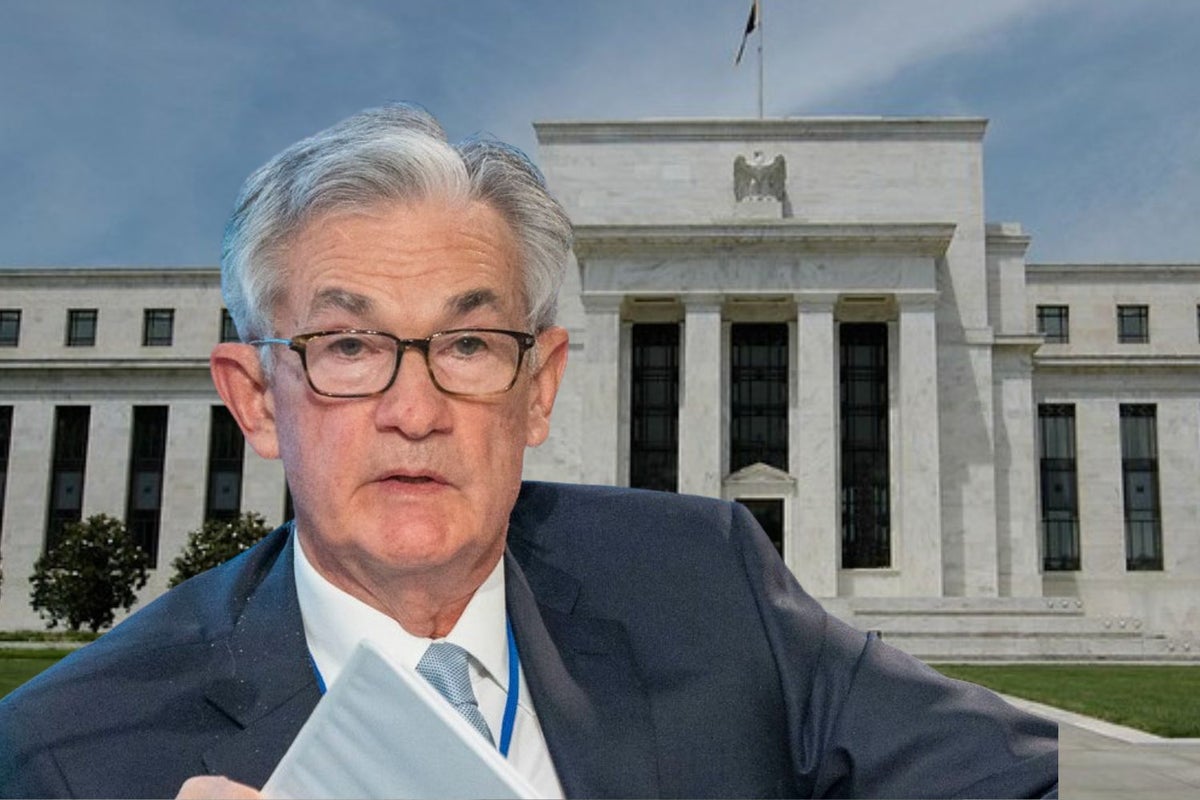[ad_1]
Global bonds and equities are rising in anticipation that the Federal Reserve will reconsider the aggressive tightening of monetary policy that some fear may contribute to the start of a global recession, but history says the Fed may do otherwise.
A dovish pivot by the Fed has long been tied to the labor market, which has remained strong during the downturn. Then on Tuesday, the Bureau of Labor Statistics announced that job openings totaled 10.05 million in August, a drop of 10% from the 11.17 million reported in July, sparking new hopes the Fed would rethink its current path.
Following a similar bounce in US stocks on Monday, European markets also surged on Tuesday as the dollar’s losses were extended.
The two-year Treasury yield briefly slid below 4% for the first time since Sept. 21. German short-dated bonds rallied even more, with yields down as much as 16 basis points to 1.46%.
The United Nations Conference on Trade and Development is calling on central banks in major economies to reverse course on raising interest rates, stating that it is leading the world into a global recession and prolonged stagnation.
Though, historically, the Fed almost never stops tightening until inflation is under control — and in this case, inflation is nearing 40-year highs.
“There’s still time to step back from the edge of recession,” UNCTAD Secretary-General Rebeca Grynspan said. “We have the tools to calm inflation and support all vulnerable groups. But the current course of action is hurting the most vulnerable, especially in developing countries, and risks tipping the world into a global recession.”
Hopes that a slowdown in the economy would begin to moderate the hike in prices have so far mostly been unfounded. Additionally, Fed chair Jerome Powell made hawkish remarks at Jackson Hole in August, effectively killing any Fed pivot chatter.
Powell underlined the necessity of bringing inflation down immediately, before the public becomes accustomed to higher prices and starts to assume them as the norm. Later, he made direct comments about a probable recession.
“The chances of a soft landing,” Powell said, “are likely to diminish” as the Fed steadily raises borrowing costs to slow the worst streak of inflation since the 1980s. “No one knows whether this process will lead to a recession or, if so, how significant that recession would be.”
Powell’s comments came as the Fed’s policymaking committee made another sizable 75-basis point increase, its third 0.75% rate hike in a row. With its most recent move, the central bank raised the fed funds rate, which has an impact on a lot of consumer and commercial loans, to a range of 3% to 3.25%.
Regarding Powell’s understanding of major central bank rate hikes around the world affecting developing economies, the Fed chief said, “We are very aware of what’s going on in other economies around the world, and what that means for us, and vice versa.”
In order to reduce the severe price spikes that are impacting consumers in the developing world, UNCTAD said that governments should increase public spending, implement tighter commodity market regulations and deploy strategic price controls to target energy and food prices.
Photo: Courtesy of International Monetary Fund on Flickr
[ad_2]
Image and article originally from www.benzinga.com. Read the original article here.

